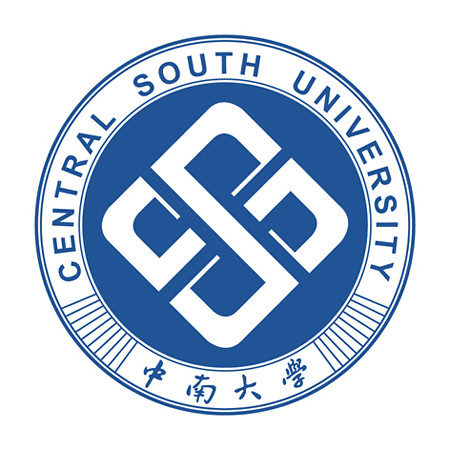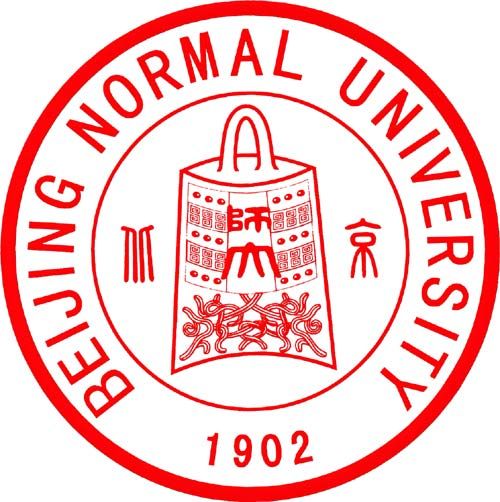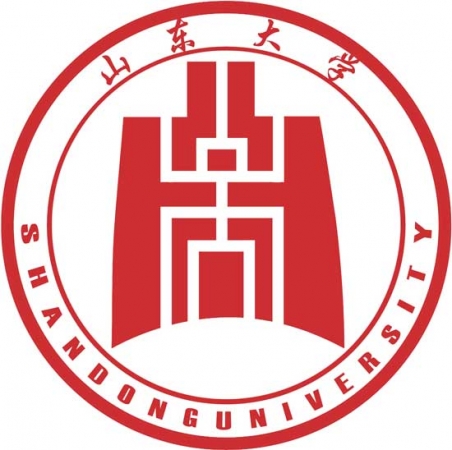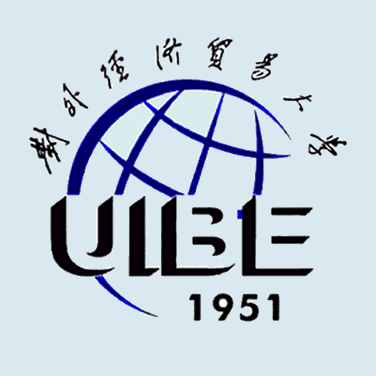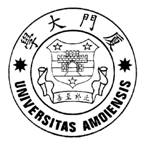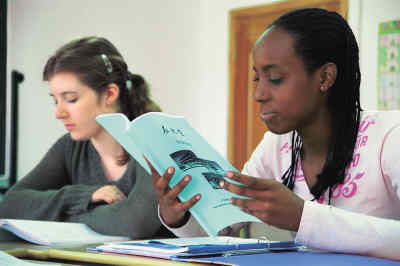- Home
- University
- Primary&Secondary
- Language School
- Interest Schools
- Education News
- Policy&Laws
- Education Outlook
- Recommendation
University
 more
moreChina History
Chinese Popular Music of 30 years
Over the past three decades, popular music in China struggled for popularity as Chinese society went through the tremendous changes brought about by the reform and opening-up policy. Hello and welcome to another edition of China Beat here on China Radio International. This is Zhong Qiu. Popular music, or pop music, denotes a cultural object. It is a sign in
[Video] Virtual representation of the Forbidden City:
A three dimensional Forbidden city has now opened to virtual world. People can gain a glance of the experimental palace by experiencing the life version. This Virtual representation of The Forbidden City: Beyond Space and Time is a partnership between the Palace Museum and IBM. Demo: The Forbidden City, Beyond Space and Time Designer from IBM said, "There are many buildings
Confucius commemorated on the 2559th birthday
JINAN/HANGZHOU, Sept. 28 -- Ceremony marking the 2559th birthday of Confucius, the great Chinese thinker and education master, was held in Jinan and Hangzhou on 28th. Sept. "The movement of heaven is full of power. Thus the superior man makes himself strong and untiring." This is the classic doctrine of Confucius. It was being chanted and signed by
Sayre Historical Society intern to study in China
Sayre Historical Society summer intern Sarah Burnham is preparing to study in China as part of the Fulbright Scholarship program, as her last week in Sayre draws to a close. Burnham is a native of Toledo, Ohio, who first became enamored with Chinese culture during a family trip to the country when she was 12 years old. “My parents?good friends were working there,?said Burnham. “The same
When Marilyn Monroe meets Chinese master
BEIJING, March 19 -- Hidden in the back of a longtang in the former French Concession, but separated from the rest of the alley by a large wood paneled door, this gallery's exhibition spaces have been immaculately refurbished. A quaint courtyard out front distinguishes the gallery from many of its more
China history and timeline
Ancient Times (from Antiquity to A.D. 1840) China, one of the world’s most ancient civilizations, has a recorded history of nearly 4,000 years. Anthropologists working in Yuanmou, in Yunnan Province, have uncovered the remains of China’s earliest discovered hominid, “Yuanmou Man,?who lived in this area approximately 1.7 million years ago. “Peking Man,?who lived in Zhoukoudian, to the
China Historical Setting
The History Of China, as documented in ancient writings, dates back some 3,300 years. Modern archaeological studies provide evidence of still more ancient origins in a culture that flourished between 2500 and 2000 B.C. in what is now central China and the lower Huang He ( orYellow River) Valley of north China. Centuries of migration, amalgamation, and development brought about a distinctive
The Ancient Dynasties of China
Chinese civilization, as described in mythology, begins with Pangu (), the creator of the universe, and a succession of legendary sage-emperors and culture heroes (among them are Huang Di , Yao, and Shun) who taught the ancient Chinese to communicate and to find sustenance, clothing, and shelter. The first prehistoric dynasty is said to be Xia (), from about the twenty-first to the
The Ancient Dynasties: II
The Hundred Schools of ThoughtThe Spring and Autumn and Warring States periods, though marked by disunity and civil strife, witnessed an unprecedented era of cultural prosperity--the "golden age" ( ) of China. The atmosphere of reform and new ideas was attributed to the struggle for survival among warring regional lords who competed in building strong and loyal armies and in increasing
The Imperial Era of China
The First Imperial Period Much of what came to constitute China Proper was unified for the first time in 221 B.C. In that year the western frontier state of Qin, the most aggressive of the Warring States, subjugated the last of its rival states. (Qin in Wade-Giles romanization is Ch'in, from which the English China probably derived.) Once the king of Qin consolidated his power, he
The Imperial Era: II
Restoration of Empire China was reunified in A.D. 589 by the short-lived Sui dynasty (A.D. 581-617), which has often been compared to the earlier Qin dynasty in tenure and the ruthlessness of its accomplishments. The Sui dynasty's early demise was attributed to the government's tyrannical demands on the people, who bore the crushing burden of taxes and compulsory labor. These resources
The Imperial Era: III
Mongolian Interlude By the mid-thirteenth century, the Mongols had subjugated north China, Korea, and the Muslim kingdoms of Central Asia and had twice penetrated Europe. With the resources of his vast empire, Kublai Khan ( 1215-94), a grandson of Genghis Khan ( 1167?-1227) and the supreme leader of all Mongol tribes, began his drive against the Southern Song. Even before the
Emergence Of Modern China
The success of the Qing dynasty in maintaining the old order proved a liability when the empire was confronted with growing challenges from seafaring Western powers. The centuries of peace and self-satisfaction dating back to Ming times had encouraged little change in the attitudes of the ruling elite. The imperial Neo-Confucian scholars accepted as axiomatic the cultural superiority of Chinese
Emergence Of Modern China: II
The Taiping Rebellion, 1851-64During the mid-nineteenth century, China's problems were compounded by natural calamities of unprecedented proportions, including droughts, famines, and floods. Government neglect of public works was in part responsible for this and other disasters, and the Qing administration did little to relieve the widespread misery caused by them. Economic tensions,
Emergence Of Modern China: III
The Hundred Days' Reform and the AftermathIn the 103 days from June 11 to September 21, 1898, the Qing emperor, Guangxu ( 1875-1908), ordered a series of reforms aimed at making sweeping social and institutional changes. This effort reflected the thinking of a group of progressive scholar-reformers who had impressed the court with the urgency of making innovations for the nation's
Republican China
The republic that Sun Yat-sen () and his associates envisioned evolved slowly. The revolutionists lacked an army, and the power of Yuan Shikai () began to outstrip that of parliament. Yuan revised the constitution at will and became dictatorial. In August 1912 a new political party was founded by Song Jiaoren ( 1882-1913), one of Sun's associates. The party, the Guomindang ( Kuomintang or
Provinces Site
 more
more









